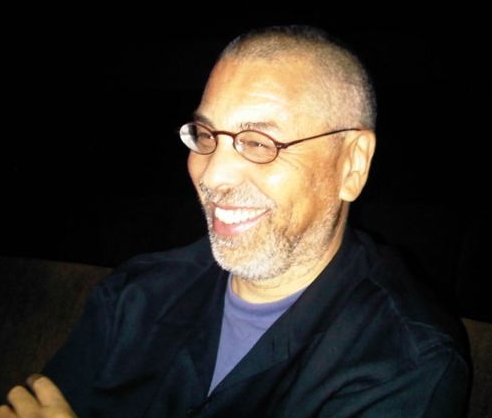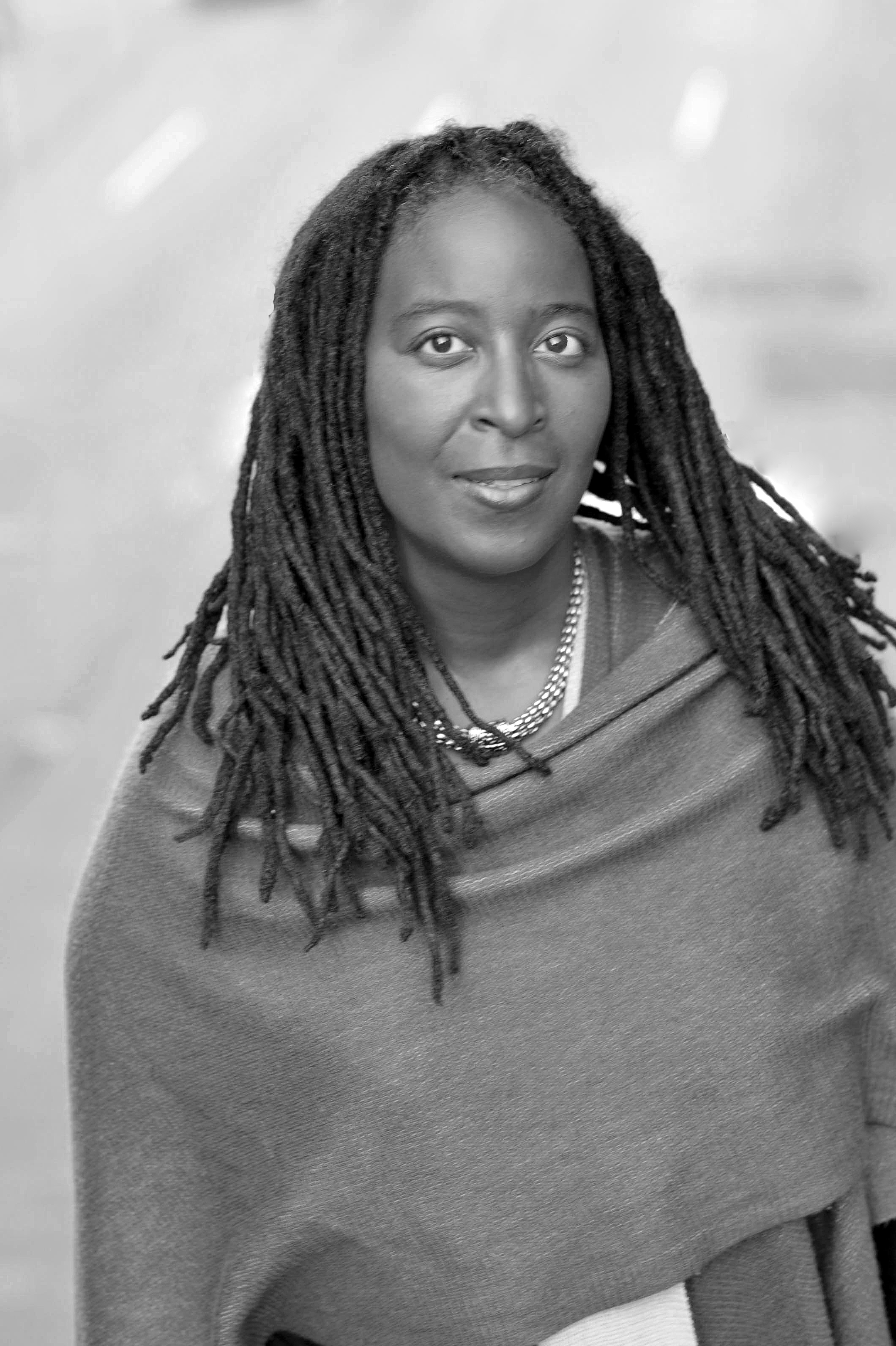PW-funded poet Camille Dungy blogs about the daily life of writers and the role Poets & Writers' Readings/Workshops program plays in that life. Dungy is a professor in the Creative Writing Department at San Francisco State University. She has published three collections of poetry—Smith Blue (Southern Illinois University Press), winner of the 2010 Crab Orchard Open Book Prize; Suck on the Marrow (Red Hen Press); and What to Drink, What to Leave for Poison (Red Hen Press).
 Thus far in this blog series, I've talked about how a two-page questionnaire distributed to writers whose events are co-sponsored by Poets & Writers directly engages some of the things writers do all day: We answer questions: We worry about whether we'll find an audience willing to read our answers.
Thus far in this blog series, I've talked about how a two-page questionnaire distributed to writers whose events are co-sponsored by Poets & Writers directly engages some of the things writers do all day: We answer questions: We worry about whether we'll find an audience willing to read our answers.
This week, I want to talk about another thing a person who calls himself a writer must regularly accomplish: The writer must find time, somehow, to write.
How does a person who wants to be a writer find the time to write? There are so many responsibilities and distractions and interruptions in this world. How on heaven's earth (Where did that phrase come from? When did heaven get to also possess earth?) does a writer stay focused on the task at hand?
The final question on the two-page, salmon-colored questionnaire distributed to all writers who are paid to participate in a P&W co-sponsored event reads as follows: What was the impact of receiving support from Poets & Writers on your experience of this event, your career as a writer, your relationship with your audience, etc?
One way I interpret this question is that it asks what it means to be paid to talk about what I write.
Short answer: It means a lot.
More elaborate answer: It means my time is valued; my craft is valued; my words are valued; my relationship with the community to whom I am speaking has a value; that a community has taken the time to write a successful grant proposal to prove their dedication to a life of letters, and this has a value. When I receive a check for speaking to a community of people about writing, it supports me as I continue to seek answers, and it encourages me to work to write those answers down for other people to read.
I am not writing out of a desire to make loads of money. If I intended to dedicate my life to financial return, I would have gone into global finance. Those folks are storytellers too. I made a choice to get my poetic license because writing is sacred. It is necessary for my survival. In the same way I have to regularly make time to exercise my lower back and core muscles so the lumbar region of my spine doesn't give out and cause indescribable pain, I have to write regularly so the questions that fill my head don't bring me grief. It is an immense comfort to know I am not talking to myself, but I would write whether there was anyone to read what I wrote or not.
Writing is the means by which I come to understand myself. Writing is the means by which I come to understand my community, my world. Perhaps you know a runner, the sort who is not herself until she has logged her miles for the day. Though she may be on a business trip in a city far from home, before she heads to her morning meetings she has already logged eight-miles and can tell all the other traveling salesmen the layout of the town where they've stopped for the night. That is who I am in relationship to the page. I am lost without it. I find time to write because it is through writing that I find myself.
The impact of receiving support from Poets & Writers is the ability to hire a babysitter, or buy better writing equipment, or purchase meals that save me time and labor in the kitchen. The impact of receiving support from Poets & Writers is the affirmation that people are reading what I write. That affirmation keeps me going, sometimes, through the long lonely hours. The impact of receiving support from Poets & Writers is that I occasionally have to the opportunity to articulate to others why on heaven's earth I care so much about writing that I want to share my love of writing with the world. The impact of receiving support from Poets & Writers is the affirmation that the time I take to write has a value.
How does a writer find time to write? She comes to believe that the time she takes to write is precious and should be treated as such. Her community can support her in this. She also has to believe in herself.
Photo: Camille Dungy. Photo credit: Marcia Wilson/Wide Vision Photography.
Major support for Readings/Workshops in California is provided by The James Irvine Foundation. Additional support comes from the Friends of Poets & Writers.





 Thus far in this blog series, I've talked about how a two-page questionnaire distributed to writers whose events are co-sponsored by Poets & Writers directly engages some of the things writers do all day: We answer questions: We worry about whether we'll find an audience willing to read our answers.
Thus far in this blog series, I've talked about how a two-page questionnaire distributed to writers whose events are co-sponsored by Poets & Writers directly engages some of the things writers do all day: We answer questions: We worry about whether we'll find an audience willing to read our answers. What are your reading dos?
What are your reading dos? Last week I wrote that one of the things writers do all day is answer questions. Is that really all we do? Of course not. Another thing writers do all day is worry about whether we've figured out the best way to answer the questions presented to us.
Last week I wrote that one of the things writers do all day is answer questions. Is that really all we do? Of course not. Another thing writers do all day is worry about whether we've figured out the best way to answer the questions presented to us.